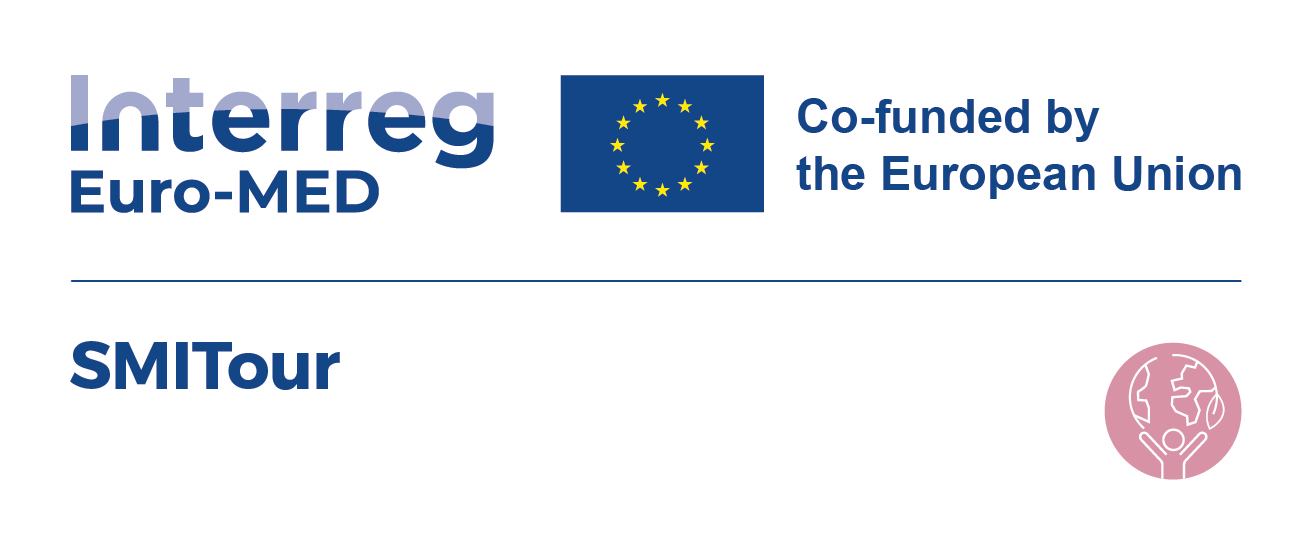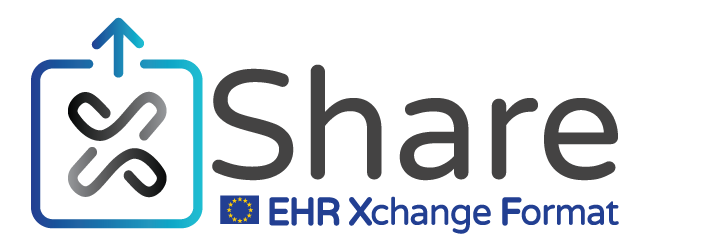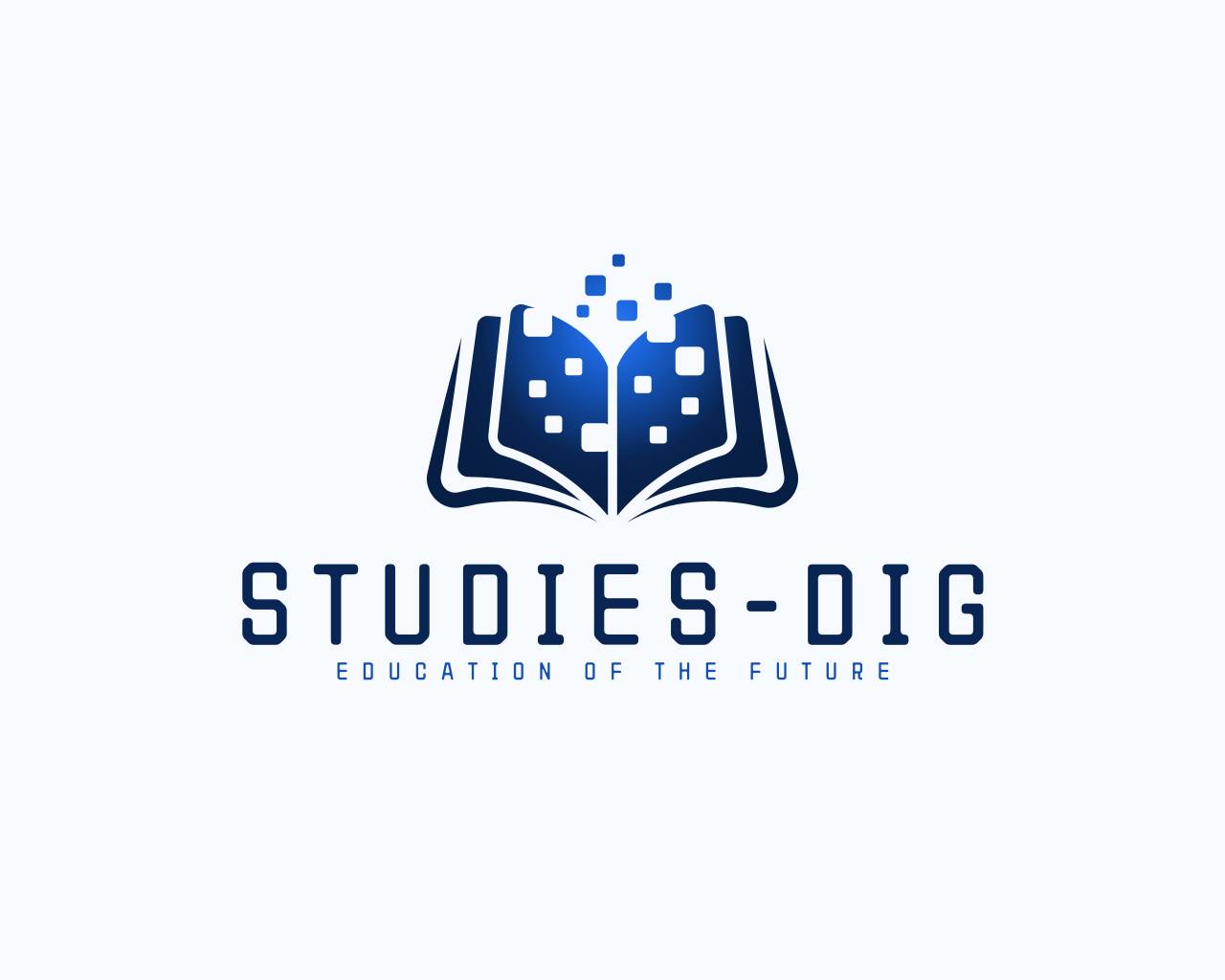Lista de Projetos
Esta é a lista de projetos disponíveis no sistema. Para saber mais detalhes sobre um projeto clique no seu nome ou imagem. Também pode procurar por um determinado projeto na caixa de pesquisa em baixo.
Página 5
The project aims to exploit transnational cooperation to explore the social and economic potential of Smart Industrial Tourism (SMIT), as a sustainable economic activity that can benefit tourism actors, SMEs, the industry, CCIs, R&D centers, HEIs and technology providers, and the local communities.
The project will create transnational working groups involving 4helix stakeholders to explore industrial tourism and related advanced technologies applications. It will eventually define a common strategy and Action Plan for the development of SMIT in the Med regions. The result will be a diversification of the economy and of the sector, a reduction of over-tourism and seasonalization, and a boost to social and economic growth and to technological innovation of tourism at large.
O xShare vislumbra que todos partilhem os seus dados de saúde no EEHRxF com um clique de um botão. O botão xShare será apresentado em todos os portais de saúde e aplicações de pacientes e permitirá que as pessoas exerçam os seus direitos de portabilidade de dados nos termos do RGPD. Assim, o EEHRxF Europeu será o motor da investigação e inovação no EHDS. O xShare estabelecerá o Hub de Normas e Políticas Europeias do EEHRxF, a parceria "Hub" de seis organizações de desenvolvimento de normas (CEN/TC251, HL7 Europe, IHE Europe, SNOMED, CDISC, IEEE), atores de mercado (DIGITAL Europe, MedTech-Europe e EUCROF), apoiada por centros de competência, autoridades nacionais e regionais e PMEs europeias. O xShare irá desenvolver:
1) Especificações comuns harmonizadas, criar e manter xBundles, ou seja, coleções de especificações de dados comuns, incluindo guias de implementação FHIR, ferramentas e conjuntos de dados, e apoio educacional para domínios de informação de saúde chave do EEHRxF conforme indicado no anexo 1 do regulamento EHDS.
2) Um conjunto de elementos comuns em todos os domínios de informação de saúde do EEHRxF aplicáveis ao EHDS-1 (Xt-EHR), saúde pública/populacional (EHDS-2) e pesquisa clínica.
3) Especificação IPS harmonizada estendida para incluir planos de cuidados e torná-la adequada para o uso de casos de pesquisa clínica, ou seja, elegibilidade para ensaios clínicos, dados do mundo real, resultados relatados pelos pacientes e devolução de dados de pesquisa clínica aos pacientes.
4) O xShare apresentará o botão xShare em 8 cenários de adoção na rede hospitalar (Itália), portal nacional (Grécia, Irlanda, Chipre), rede regional com ênfase no turismo médico e na conexão do público ao setor privado (Catalunha e Madeira), entrada de aplicações de saúde digital no ecossistema myHealthSpace em França.
Os planos de cuidados serão demonstrados na Dinamarca. O xShare investigará a viabilidade e o valor do rótulo da indústria EU xShare como veículo para a implemen...
Informação do Projeto
2023-12-01
2026-11-30
Parceiros do Projeto
- Iscte
- BRU-Iscte
- CIS-Iscte
- CIES-Iscte
- ISTAR-Iscte
- NATIONAL EHEALTH AUTHORITY - (Chipre)
- BRIDG OU - (Estónia)
- FOUNDATION FOR RESEARCH AND TECHNOLOGYHELLAS - (Grécia)
- IHE-EUR - (Bélgica)
- EICTA - (Bélgica)
- Cineca - (Itália)
- TICSALUT - (Espanha)
- UPA - (Espanha)
- GNOMON - (Grécia)
- DNV - (Noruega)
- MEDIQ AS - (Dinamarca)
- WIV - (Bélgica)
- EHTEL - (Bélgica)
- betse-health - (Países Baixos (Holanda))
- DEPARTMENT OF HEALTH - (Irlanda)
- IDIKA S.A. - (Grécia)
- CDISC - (Bélgica)
- UNINOVA - (Portugal)
- I~HD - (Bélgica)
- EUCROF EUROPEAN CRO FEDERATION - (Países Baixos (Holanda))
- Charité - University Medicine Berlin - (Alemanha)
- IEEE TECHNOLOGY CENTRE GMBH - (Áustria)
- SECRETARIA REGIONAL DA SAUDE - (Portugal)
- MEDCOM - (Dinamarca)
- TELEMEDICINE TECHNOLOGIES - (França)
- DW - (Itália)
- FGM - (Itália)
- CVTT - (Portugal)
- EMPIRICA - (Alemanha)
- HL7 - (Bélgica)
- ECHALLIANCE COMPANY LIMITED BY GUARANTEE - (Irlanda)
Adultos com dislexia parecem apresentar a maioria dos défices que são comummente observados em crianças com dislexia. Tal como as crianças com dislexia, mais vezes estudadas, adultos com dislexia têm dificuldades em segmentar as palavras em sons, de memória de trabalho, de nomeação rápida, entre outras, além das dificuldades na leitura e na escrita. No entanto, enquanto nas crianças com dislexia as dificuldades de precisão na leitura e na escrita (i.e., ortografia) podem ser o principal sintoma da dislexia, alguns adultos com dislexia, em particular aqueles com elevada escolaridade, podem ter ultrapassado ou mitigado este tipo de dificuldade. Alguns défices podem ter sido compensados, enquanto outros podem manifestar-se de forma diferente, eventualmente mais acentuada, quando comparados com as crianças. Além disso, as características do sistema de escrita onde aprenderam a ler e a escrever pode ter influência na manifestação das dificuldades. O Português Europeu (PE) é um sistema que se caracteriza como de grau intermédio de opacidade, com características próprias e distintas dos demais sistemas onde esta população (estudantes universitários com diagnóstico de dislexia) tem vindo a ser estudada. Como identificar a dislexia e caracterizá-la e quais os seus preditores cognitivos constituem as questões de investigação deste projeto
Informação do Projeto
2023-12-01
2024-12-31
Parceiros do Projeto
- BRU-Iscte (Data Analytics)
- CIIEM - (Portugal)
- FPUL - Líder (Portugal)
Today, in the digital era society is evolving at a rapid pace and investing in education have vast social and economic advantages for it. It is the education that allows people to have access to SDGs 4. It is not argued that a better educated people break away from poverty more easily, help to reduce inequalities and achieve gender equality; they are more tolerant, they contribute to reduce crime, to increase political and civic participation and generally to have more peaceful societies with reduced inequalities and imbalances. Within this context the project brings together European, Asia and African academic and non-academic organizations in a staff exchange program, with the goal to explore, design and deploy innovative and context sensitive solutions for transforming higher education systems. This international and multi-sector consortium is created as a platform for collaboration and is united by the principles of innovation, partnership and solidarity with the purpose to research and identify successful contemporary models and modern instruments that can help higher education transformation and support the sustainable and effective adaptation of the higher education systems of the consortium members to the digital age. The aim of the project is study the process of digitalisation in different organisations and offer solutions concerning the improvement of the digitalisation practices. The project consortium comprises both academic and non-academic partners as well as experts in diverse fields such as, but not limited to, economics, law, management, linguistics. This allows a broad and an indepth approach to digitalisation. On the basis of the identified gaps in the digitalisation process, the project will propose approaches and methodologies which will be realised as different disciplines for the academic institutions’ partners in order to build sustainable competences for the transfer of knowledge and skills
Informação do Projeto
2023-12-01
2027-11-30
Parceiros do Projeto
- CIES-Iscte
- BRU-Iscte
- ISTAR-Iscte
- DINAMIA'CET-Iscte
- UNWE - Líder (Bulgária)
- UBB - (Roménia)
- METU - (Turquia)
- ESPAP - (Portugal)
- AZ - (Bulgária)
- RM - (Bulgária)
- C.School - (Roménia)
- Novarge - (Turquia)
- Associação 101010 Portugal (Escola 42) - (Portugal)
Este projeto tem como objetivo estudar os determinantes de sustentabilidade que impactam o desempenho empresarial no setor hoteleiro da Madeira. Não só existe um número considerável de decisores com diferentes valores e preferências conflituantes envolvidos nesta questão, como também há uma grande quantidade de determinantes de sustentabilidade a serem considerados. Se, por um lado, isso torna a integração da sustentabilidade em estratégias e decisões comerciais mais desafiadora, por outro lado, é igualmente verdade que esta é uma questão cada vez mais urgente para as empresas hoteleiras na Madeira. Uma melhor compreensão dos determinantes de sustentabilidade e das formas como estão interligados ajudará os decisores na criação de valor através de decisões mais informadas, ao mesmo tempo que avançam nos objetivos de sustentabilidade.
Página 5

 English
English




